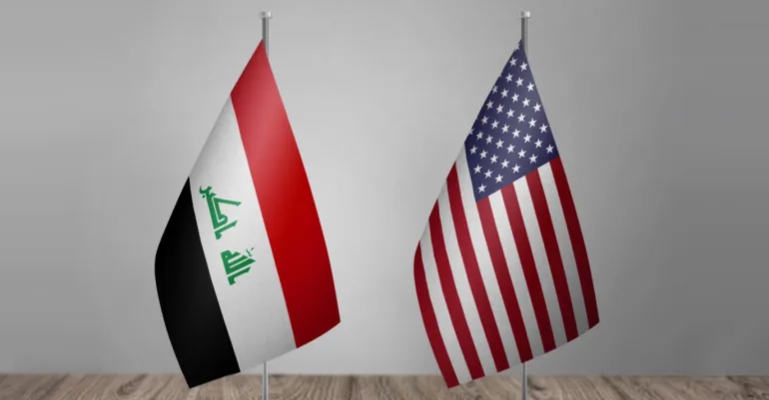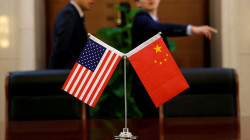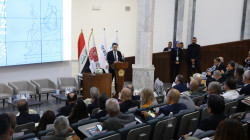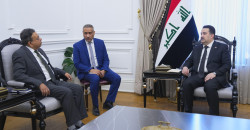Iraq eyes US investment in power generation

Shafaq News/ Iraq and the United States have a “unique opportunity” to deepen their strategic partnership in ways that bolster regional security, economic integration, and long-term stability, a senior Iraqi official said, ahead of a planned visit by a large US business delegation to Baghdad next week.
Farhad Alaaldin, Foreign Affairs Adviser to Iraqi Prime Minister Mohammed Shia al-Sudani, made the remarks in an opinion piece published in The National. He revealed that the US delegation, led by the US-Iraq Business Council, aims to explore new investment opportunities in Iraq’s growing market.
Alaaldin, who recently visited Washington, said he was told by a senior US official that the Trump administration’s foreign policy is centered on making the United States safer, stronger, and more prosperous—an approach he noted aligns with Iraq’s own vision under the “Iraq First” and “shared interests” policy framework advocated by Prime Minister al-Sudani.
He pointed to steady progress in Iraq-US ties, especially in the areas of security, energy, and economic development. With Iraq's economic recovery gaining momentum, particularly in the energy sector, Alaaldin said US companies are well-positioned to play a critical role in shaping Iraq’s transformation.
Among the firms expected to visit Baghdad are major American energy and infrastructure companies such as General Electric, KBR, Baker Hughes, Halliburton, and Honeywell. One of the key outcomes of the visit, he noted, could be the signing of a landmark agreement between GE and Iraq’s Ministry of Electricity to develop 24,000 megawatts of high-efficiency power generation—half of Iraq’s current estimated electricity demand of 48,000 megawatts.
Alaaldin also highlighted regional energy integration efforts, including Iraq’s plan to connect 500 megawatts to the Gulf Cooperation Council’s power grid via Kuwait. Additional agreements with Turkiye, Jordan, and Saudi Arabia are expected to contribute another 2,500 megawatts by 2027.
He emphasized the potential for American firms to assist Iraq in addressing its “critical challenge” of gas sector reform—curbing flaring, reducing environmental damage, and helping the country achieve energy self-sufficiency.
Over the past two and a half years, Alaaldin said, Iraq has awarded more contracts to US companies than at any previous stage in the bilateral relationship. Economic cooperation has flourished, ranging from agricultural imports like wheat and rice to large-scale infrastructure development.
The Iraqi government, he added, is currently focused on accelerating major infrastructure projects in transport, water, and telecommunications—sectors where US companies hold strong competitive advantages.
Looking ahead, Alaaldin said Baghdad and Washington see their future defined by shared interests and mutual opportunity. He referenced a November 8 phone call between Prime Minister al-Sudani and President Donald Trump following the latter’s election victory, during which both leaders reaffirmed their commitment to advancing the strategic partnership beyond security, with an emphasis on cooperation in finance, energy, technology, and economic development.
Alaaldin concluded that this next chapter of US-Iraq cooperation holds the promise of mutual prosperity, with shared priorities in economic growth and regional stability forming the foundation of a lasting partnership that contributes to global security.





